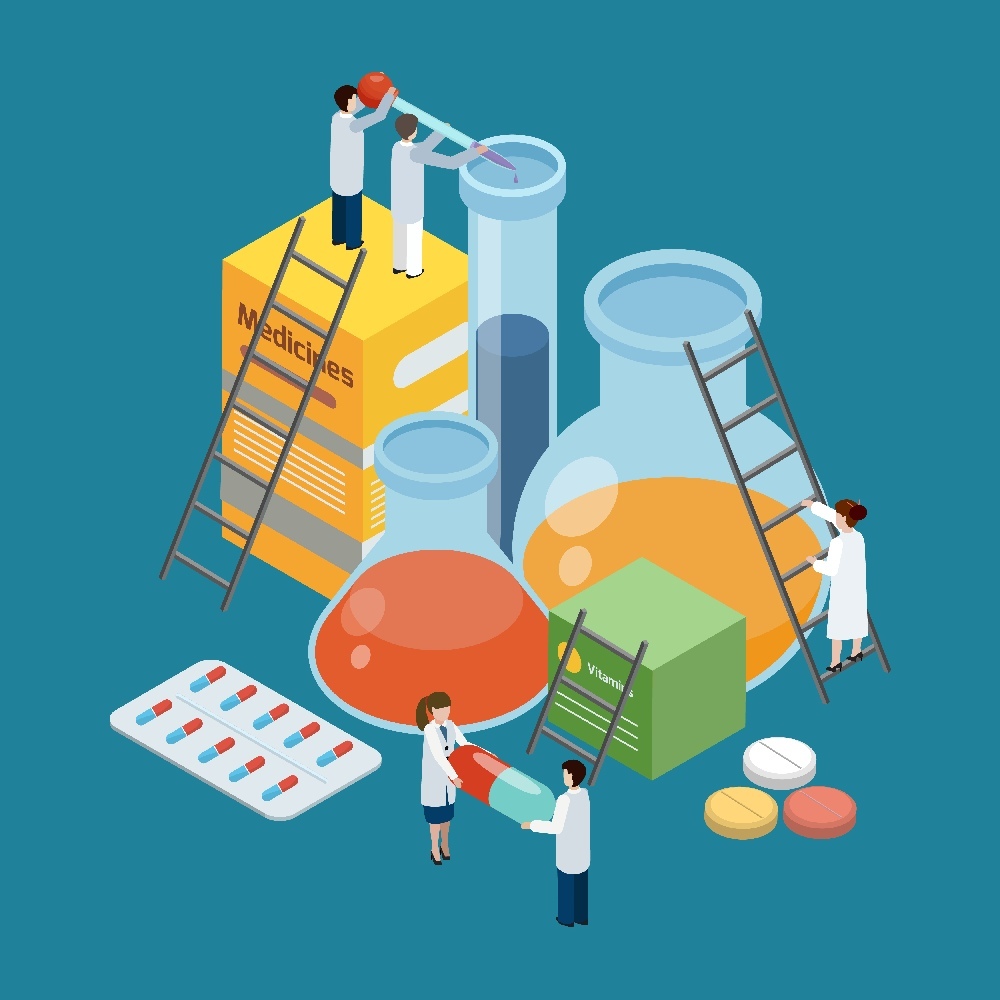These days, the vegan diet is a topic trending amongst the masses. People are adopting veganism due to the lateral inclination towards physical fitness and the promotion of animal support. This blog will give you an overview of veganism and what changes it will bring to your daily life.
What Is Veganism All About?
Veganism is a practice of living that avoids food items that involve or contribute to animal exploitation or cruelty in any form, as much as possible practically. Therefore, vegan refers to anything that is not sourced from animals and is free of any animal products during its processing. Conclusively, it excludes not only the evident foods like meat, milk, and eggs but also the partially processed animal derivatives like wine and white sugar.
Differences Between Vegan & Vegetarians
While vegetarians do not consume any animal flesh or seafood, those adopting a vegan diet restrict themselves from meat and other animal-based products as well. For example, a vegetarian eats dairy products (milk, eggs, and other milk products); a vegan does not, as animals are the basis of their origin.
Why Go Vegan?
Switching to a vegan diet has numerous benefits associated. It not only boosts your immunity levels but also benefits the environment in the long run. Therefore, by turning vegan, you can target improving your overall health and supporting the animals, both at the same time.
-
Health Benefits
A study from The NIS has proved the vegan diet to be a beneficial approach for weight loss and dealing with obesity. Numerous plant-based foods contain fibre in reasonable amounts, which helps to keep you full. They also have fewer fat content which is unhealthy for your body and are majorly responsible for weight gain. A vegan diet also helps control your calorie intake naturally, without purposely focusing on it.
-
Help Animals
You avoid animal-based products by switching to a vegan diet, which automatically directs you to stand against animal cruelty and exploitation. In fact, for most people who adopted vegan practices in recent years. For most of them, protecting the animals is a primary reason. Vegans believe that animal farming contributes to animal abuse, no matter how civilised the process is. It is why they maintain distance from animal-based foods, irrespective of their branding and certifications.
-
Protect The Planet

Adopting Vegan practices makes you healthier, facilitating this earth to becoming a better place to live in!
An analysis conducted worldwide by the Journal Science found that the process involved in the production of meat and dairy products is shocking. It revealed that the current farming practices and food production systems, They also cause hazards such as destroying forests, exhausting water bodies, and triggering climatic changes. On its counter, eating a vegan diet can be the most effective way to overcome the situation and save the planet.
Will I Get Enough Nutrition?
Switching to a vegan diet brings along a few common concerns with itself. The most prevailing out of them is whether it will fulfil their nutritional requirements in adequate amounts. The answer to this question is a definite YES! You can consume the majority of micro and macronutrients in plant-based food compared to animal products, that too in reasonable quantities. All you need to do is find suitable choices.
-
Protein Sources
When making significant changes in diet, protein is the most concerned macro-nutrient which strikes every mind. People do believe that protein comes only from meat and other dairy products. On the contrary, multiple vegan options are available that do more than just meet your daily dietary necessities. These include whole grains (such as soya bean and quinoa), processed plant protein (like tofu, seitan, and chia seeds), and legumes (like lentils, beans, and chickpeas).
-
Other Nutrients
You might have heard that involving food items belonging to different colour groups is a healthy practice. It is because food items that consist of multiple nutrients occur with vibrant colours in nature. So next time when you have a meal and observe a colourful platter, you may rest assured that you are consuming a nutritionally-balanced diet.
-
Supplements For Potential Nutrients
Although a vegan diet is overall balanced, eliminating animal products can deprive you of certain nutrients. In plant-based foods, calcium, vitamin B12 & D3, and iron exist in very low quantities when compared to animal products. However, Vitamin B12 is the only nutrient not available in plant-based products independently. For the same reason, a medical consultation is advisory. Before you revise to a vegan diet, ensure that you discuss this with your physician and ask whether any supplements are required.
Key Takeaways
Now that you are aware of the vegan diet and how it affects your nutritional practices, you may start your journey and do your part of humankind. Adopting veganism will keep you physically fit and sound and contribute towards animal protection in appreciable abundance. Together as a society, we can move towards our evolution and make this planet a better place to live in!






